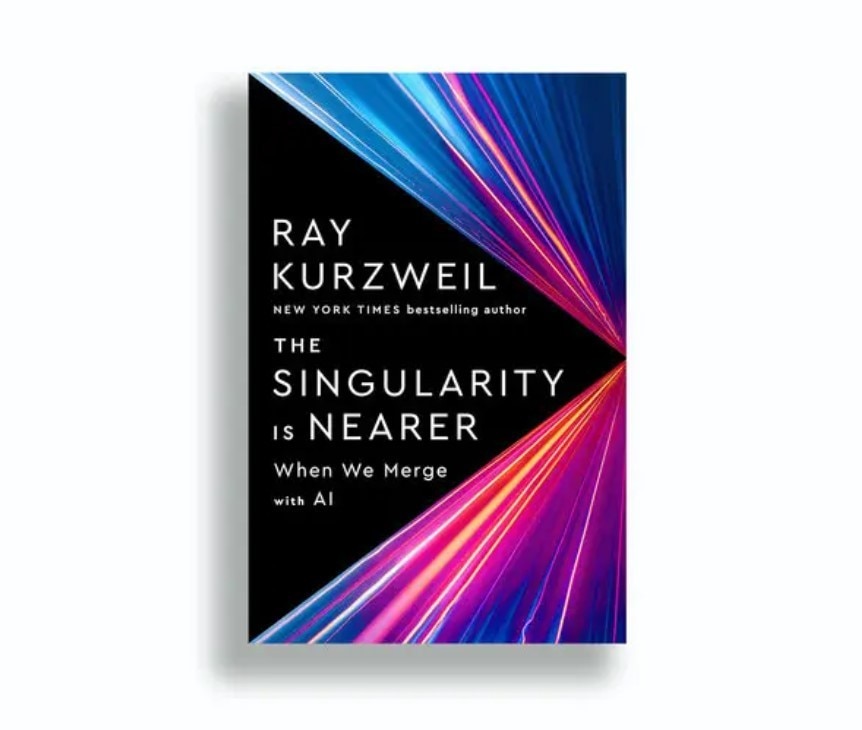The idea that machines can be intelligent isn’t new. It dates back at least to the ancient Greeks. The myth of Talos, a bronze giant created to defend the island of Crete, is a trivial yet intriguing reminder that the concept of robots existed long before we had a name for them. The term “robot” was introduced to Europe through a Czech utopian drama early last century. Meanwhile, the Antikythera device, named after the island where it was discovered, is no myth: it’s the earliest known analog computer, primarily used to predict astronomical events. Though it’s over two millennia old and lacks the processing power of an iPhone, it’s hard to argue it wasn’t a form of “artificial intelligence.”
The irresistible rise of AI in 10 must-read articles
Resource or threat: beyond questions of perception, we explored the challenges and opportunities of a future in which we will live with artificial intelligence.
Courtesy CIRCA
Courtesy Microsoft
from Scream, 1996
Image generated by Gemini, Google's AI
Courtesy Rabbit
Courtesy Hek Basel
Photo Nicola Morittu
Courtesy Friend and MyTab Al
View Article details
- La redazione di Domus
- 08 August 2024
Today, we define Artificial Intelligence as the “field of computer science focused on creating systems capable of performing tasks that typically require human intelligence.” These tasks include speech and image recognition, “natural language understanding, complex problem-solving, and machine learning.” This definition comes from ChatGPT, the tool we now commonly associate with AI, based on Large Language Models (LLMs). ChatGPT can engage in conversations and create content, occasionally making mistakes or inventing information, much like humans. By the end of 2022, it had made AI a mainstream concept, accessible to everyone for various purposes, paving the way for the proliferation of automated text, image, and video generation systems.

Can machines think? In 1950, mathematician Alan Turing revisited one of the oldest questions in Western thought – a question even Descartes, the father of modern philosophy and “cogito ergo sum,” had pondered for centuries. Turing introduced an objective criterion to determine when a machine can actually think. American thinker Ray Kurzweil discusses this in The Singularity Is Nearer, a recent follow-up to his groundbreaking book from 20 years ago. Back then, AI was a niche topic; now, it’s at the heart of public debate. Kurzweil maintains his stance: he has always predicted that by 2029, artificial intelligence will catch up with human intelligence, and by 2045, the two will merge. While we wait, we’ve compiled the best of what Domus has published on AI in recent years.
Opening image: Alex Garland, Ex Machina, 2014
The Chinese artist draws inspiration from the interrogations endured during his imprisonment in China, as well as from the questions posed to the deity by China’s most ancient poet. Read more
A conversation with Lenovo’s Design VP Brian Leonard about the role of generative AI in shaping the future of our laptops, the end of the keyboard, and the way industrial designers think about the future of their work. Read more
Following through on a January announcement, the company introduced its first new Surface laptops with a dedicated Copilot button. It’s the most relevant change to the Microsoft keyboard layout in 30 years. Read more
Simultaneous translation, creating images from text and much more: these are the features on new phones. But are they enough for us? Probably not. Here are Domus’ suggestions. Read more
Between hallucinations like “put some glue on your pizza”, misjudgments, and the risk of cannibalizing web content, Google's new technology might cause more problems than it tries to solve. Read more
Unveiled at CES and designed by Teenage Engineering, the device tries to bridge the gap between the smartphone and the future of digital interfaces: nothing a smartphone app couldn't do.
An exhibition in Basel puts the spotlight on beauty in the post-internet era. The result is an investigation into the alteration of identity and the fragmentation of the self, obsessively searching for an unreachable ideal. Read more
No, machines don’t see the way humans do. An exhibit offers a point of reflection on the implications of artificial intelligence and the risks of its idealization. Read more
The latest attempt in a series of overhyped AI gadgets is a pendant that chats with the user via smartphone notifications. It’s as bad as it sounds, yet the idea alone was enough to raise $2.5 million. Read more